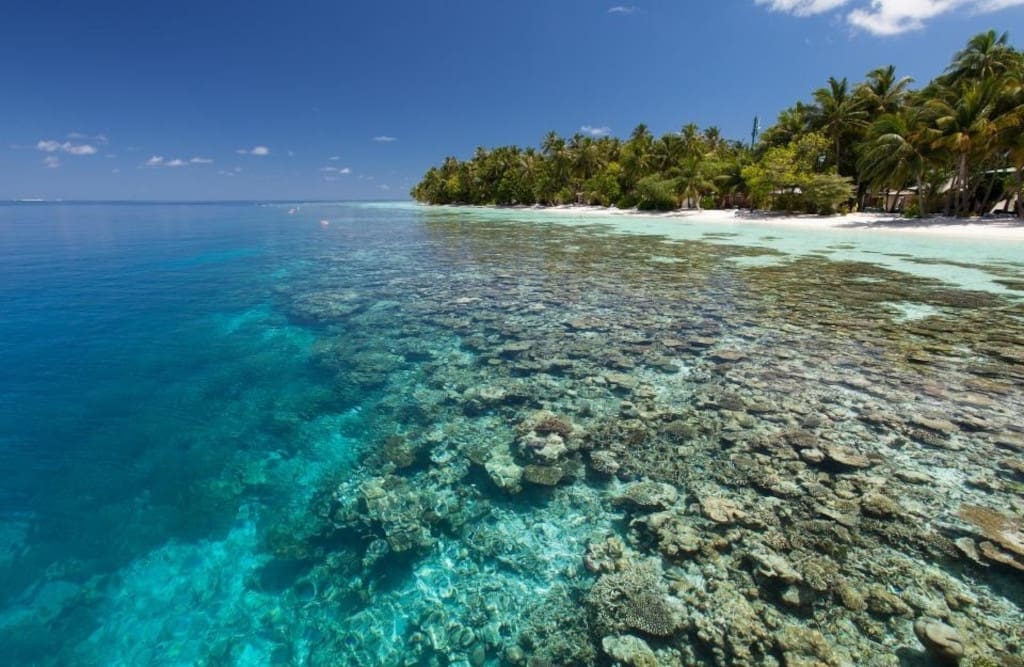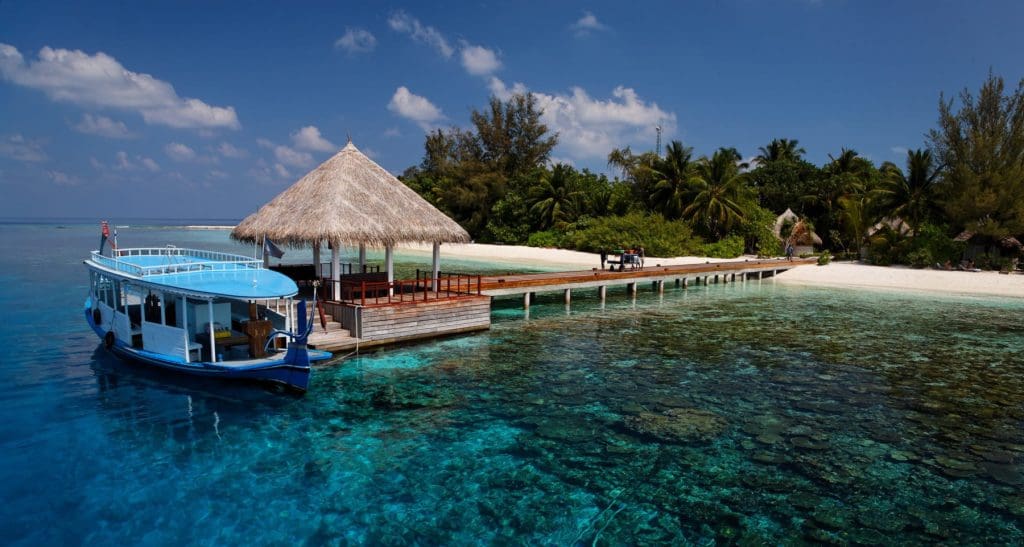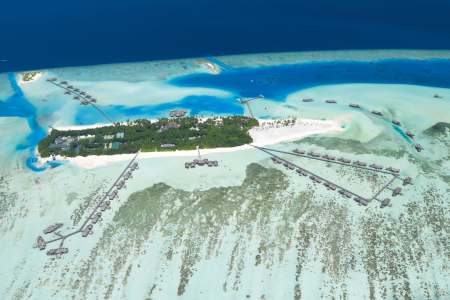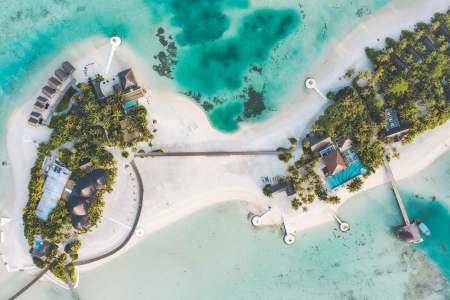If you are planning a vacation to an exotic island destination such as the Seychelles you often would want to check if the resort is good for scuba diving or snorkeling. Wildlife exploration is interesting to try once. If you are staying for 7 nights there would be plenty of days and nights to plan some activities. Watersports is additive to many and scuba diving or snorkeling are the most addictive of all. Water ski or jet ski can be tried few time and you are most probably done with it. Diving and snorkeling are different as you explore different reefs and locations. Many hotels offer excursions to different spots, do you don’t get bored, in each trip you look forward to see new species of fish and colourful corals that you might not have not seen before. While it is interesting there are also significant risks involved, especially if you are not paying attention to safety rules and policies. Let’s look at some of these!
Scuba Diving requires a license which you can obtain only after completing certain courses in which you get to educate yourself about the risks, safety practices and procedures. There would be tests and you have to pass in order to receive a diving license. There are different stages and the most common for regular divers is the Open Water License which allows diving upto 18 metres or 60 feet. The deeper you get the more dangerous it becomes in terms of risks. If you follow procedures accurately the risk factor is very minimal at 18 metres. For this reason there are many tourists who enjoy recreational diving and they enjoy this lifelong pleasure by having it on every annual holiday.

Snorkeling does not require any license or even experience by law or regulation in general. But, it would be tremendously risky if you attempt to snorkel on your own without any prior experience. Swimming and snorkeling are not same, conditions at reefs can be very different from a pool. Even on scuba diving the Dive Instructor usually briefs guests about weather conditions, current, waves, drop off location and collecting point. While that is the case for people who had undergone education programmes it would be insane to grab gears and set off for snorkeling if you lack adequate experience. In case you are experienced in the activity, you still need to learn about the conditions in sea and reefs.
Sea currents can change quickly especially when it starts raining or wind picks up. Strong wind is one of the most obvious signs that risks in the sea has become elevated. But, if you are going on an organised excursion with local guides that would be good enough consider safe even though some risks still remain. Anything to be done in the sea basically involves some degree of risk factor. When you follow correct procedures and go the right way those risks become minor and manageable, you still don’t become risk free.
Inexperienced guests should always learn from experienced people before attempting to try out anything in sea, even in shallow water there can be steep spots to which you accidentally fall or get draw by sea currents. Snorkeling should be attempted alone, no matter how experienced you are! You could get muscle cramp or something unpredictable could happen in an incident and there should be some near who could help you in such a situation. You should not touch coral or fish, leave nothing behind in the sea. You should only take memories from the trip, no souvenirs. Before attempting to snorkel with your partner you should learn the sea conditions from experienced local who may live around. All resorts in the Maldives have watersports facility on the island, you can inquire with them instead of asking from Room Attendant or Waiter. There are not costs for information. Resorts encourage guests obtain safety relation information.

Lifejacket is important even if you are strong swimmer. If you are snorkeling at a location that other people at sight and if you are experienced it may not be necessary. For example, many resorts have overwater bars at the reef edge. In that case there may be staff around who can see if you shout out for help or if is there is a commotion. You should not depend on external factors while ensuring your safety precautions.
It is difficult to stay whether scuba diving is safer thank snorkeling or otherwise. Because, both depends on factors and conditions. However, snorkeling in groups may be said better in terms of safety. In case of diving you are submerged underwater, in case of emergency there is a procedure to follow before reaching the surface. If you pop up to the surface too quickly it can cause decompression sickness which is fatal. Ordinary hospitals cannot treat decompression sickness as it requires decompression chamber. Many ocean-based countries have multiple treatments centres equipped with this facility. When you are booking a resort you may want to find out the nearest decompression chamber for emergencies. Based on number of scuba divers the incident happens to very tiny fraction, less than 0.1% and some of them manage to full recovery especially if treatment is given quickly.

Divers are more risky compared to snorkelers. Divers who reach bottom of the reef drifts along with the current, on the way there may be times that they get in contact with coral that is sharp. Cuts by coral needs quick application of disinfectant, most of the dive boats carry vinegar for such cases. Also there may be more risk from larger marine species such as aggressive sharks. In Australia there are multiple incidents every year caused by great white shark or bull shark. Tiger sharks are also aggressive but some destinations like Maldives offers low-risk feeding spots. In such locations the animals may be less harmful than the wild but it does not rule out all risks. Tourists doing snorkeling often gets attacked in Austria but that too is a small proportion compared to all tourists who enjoy the activity and manage to conclude it safely.
Despite risks if you still want to do snorkeling or diving, just like many others, you can choose an island destination for your holiday. Countries like the Maldives, Seychelles, Manutius, Indonesia, Philippines or Egypt offers too many attractions option. Based on your budget you can stay in cheap 3 star guest house, 4 star hotel or 5 star resort. It all depends on your budget. If you are going for Maldives you can choose an island featured on Maldives Best for out standing house reefs, but most of those are luxury islands. Vilamendhoo house reef is rated among the best and offers cheap All Inclusive Package. It is South Ari Atoll that is also known for whale sharks and manta rays.

